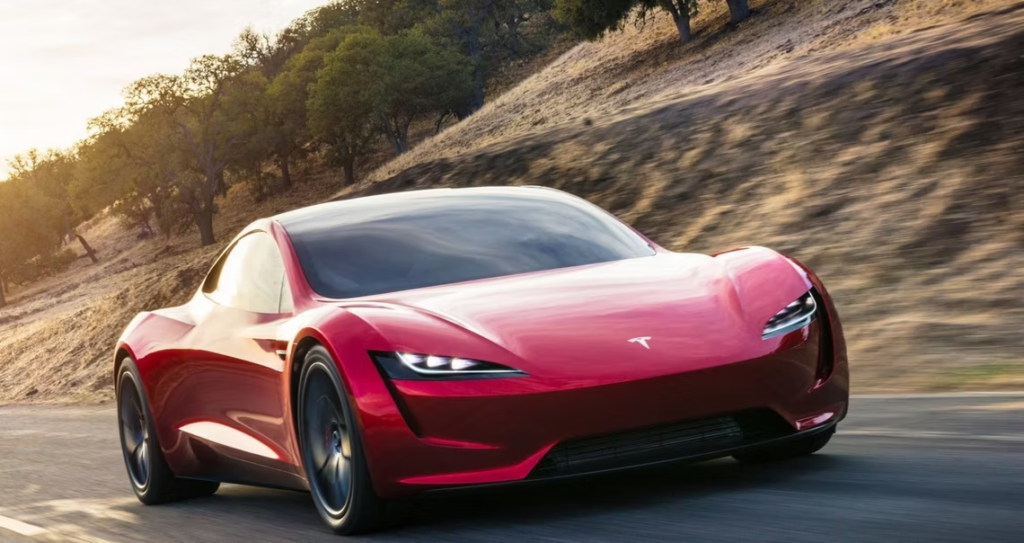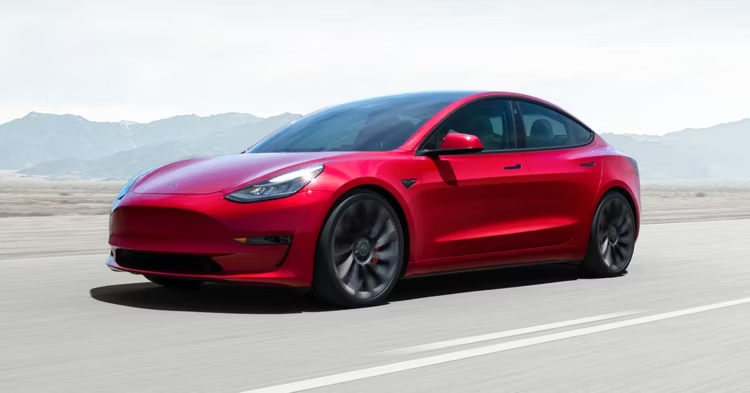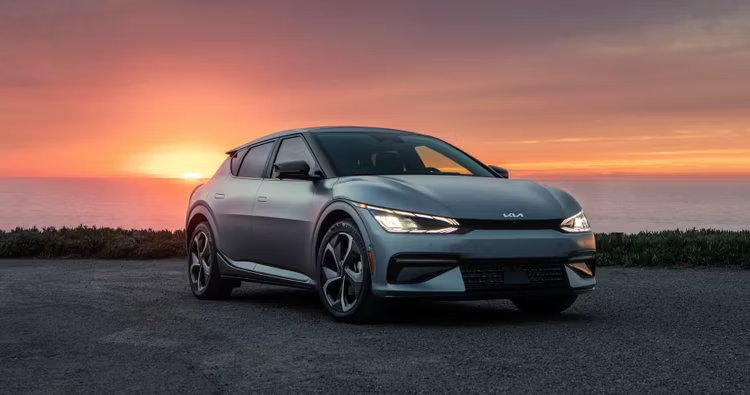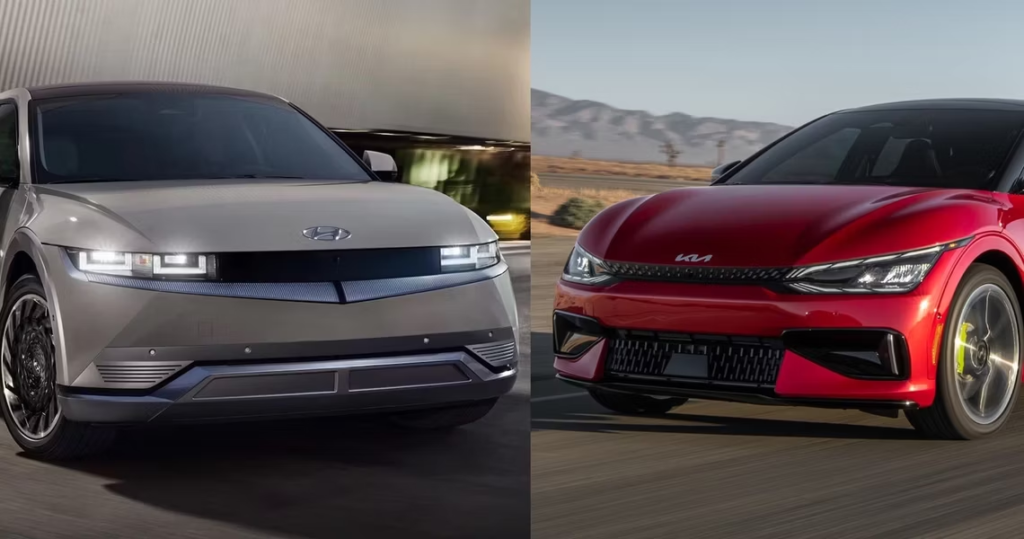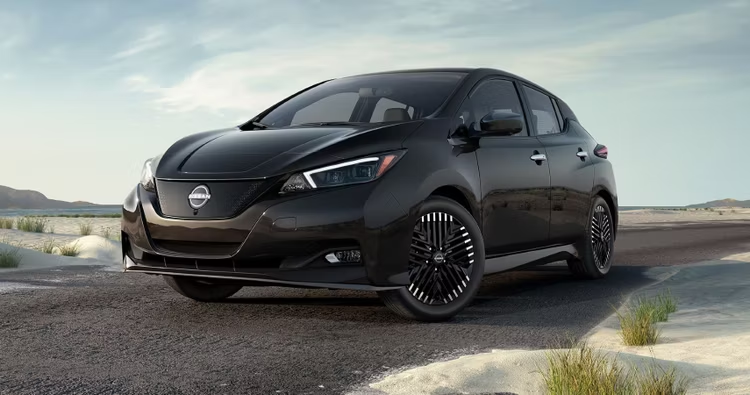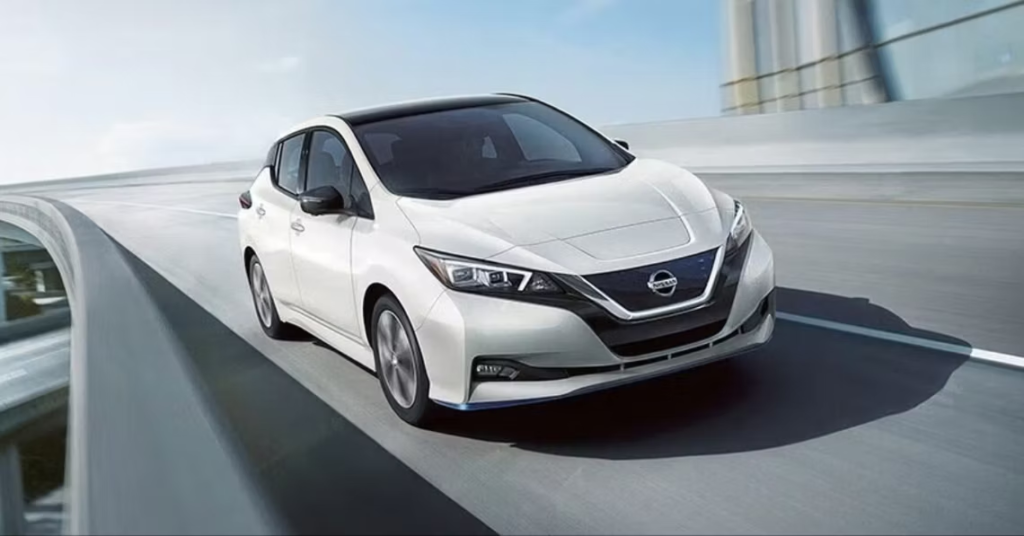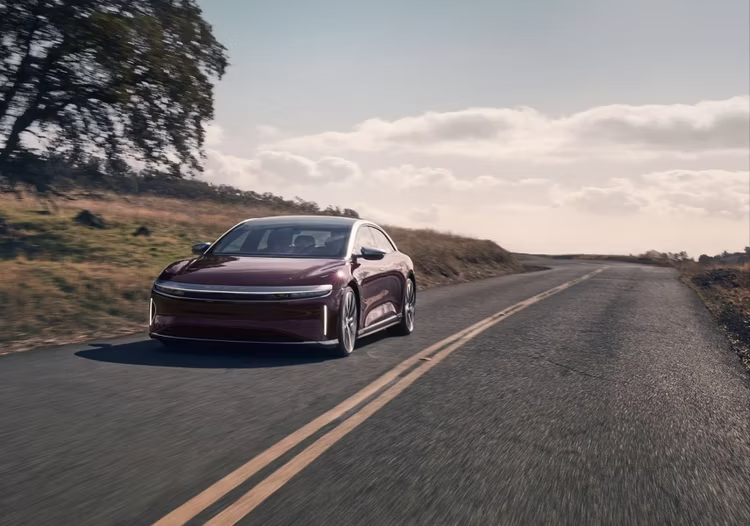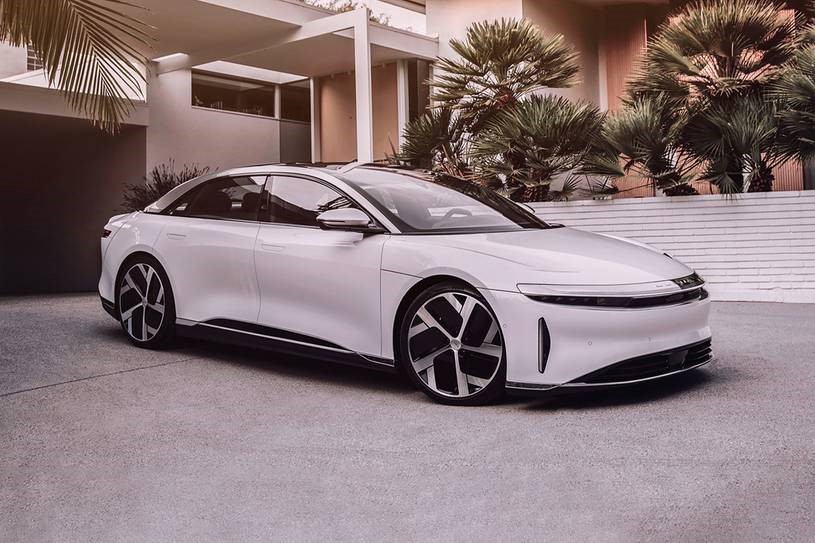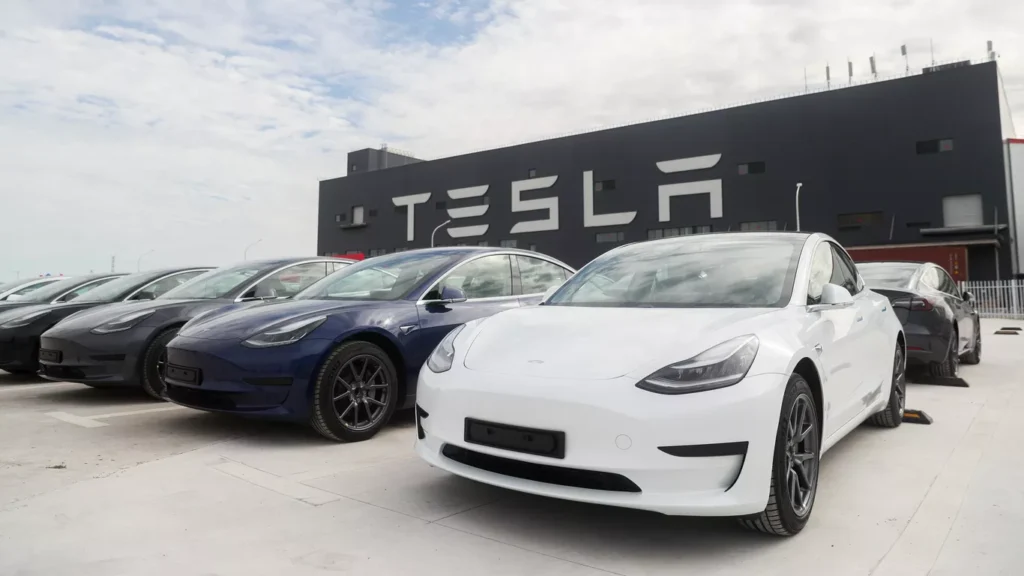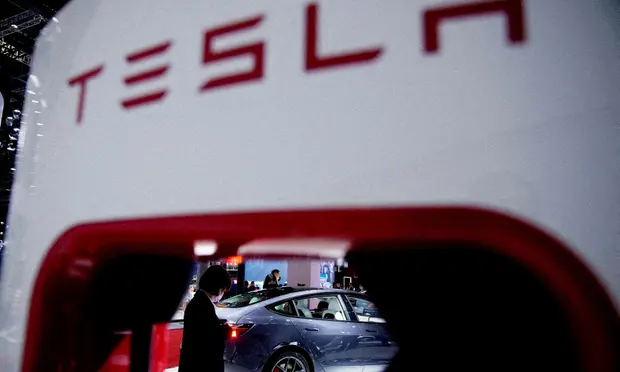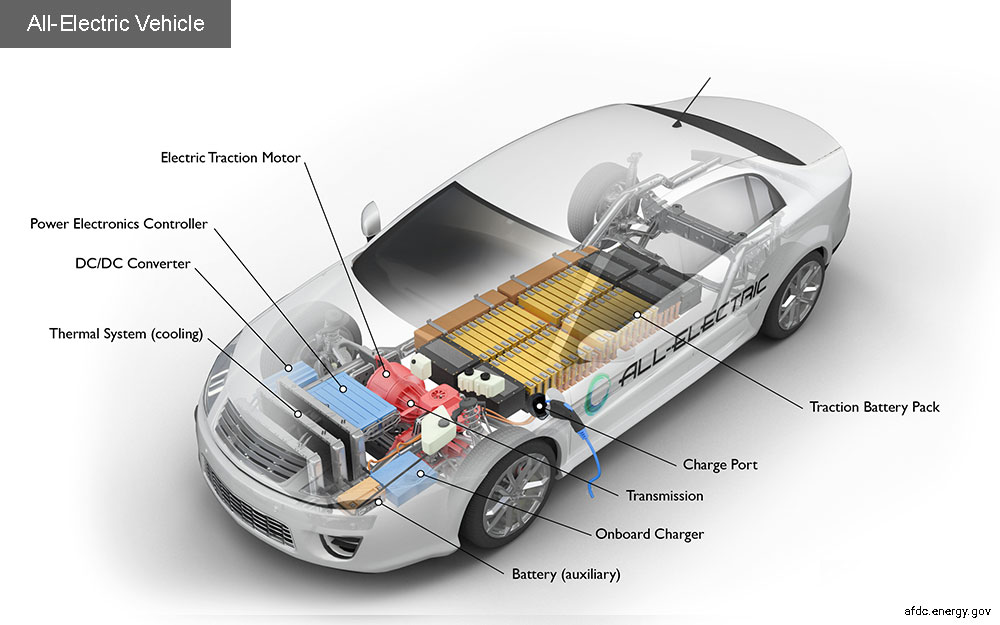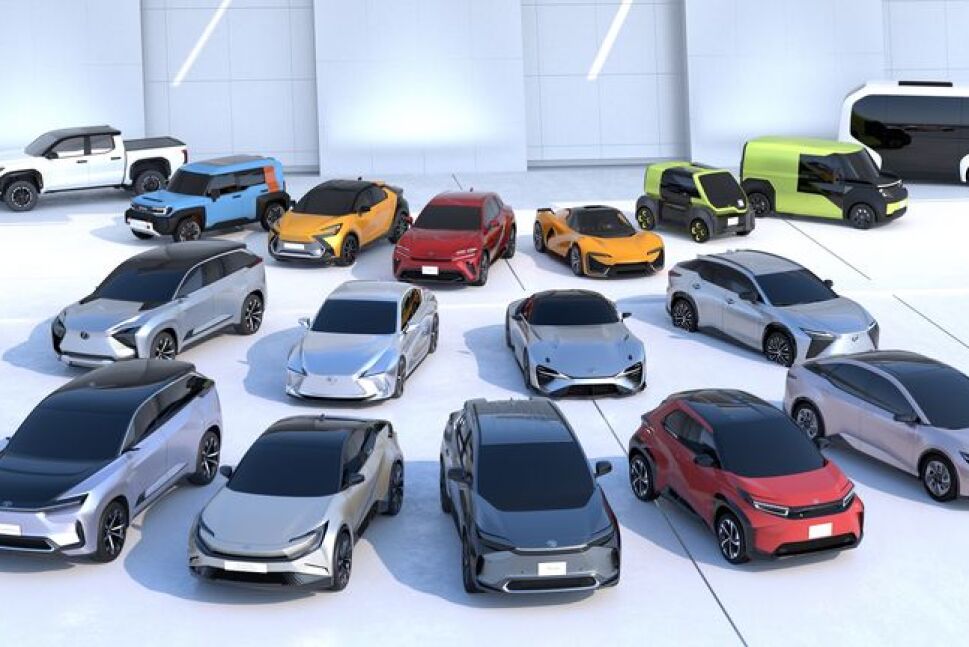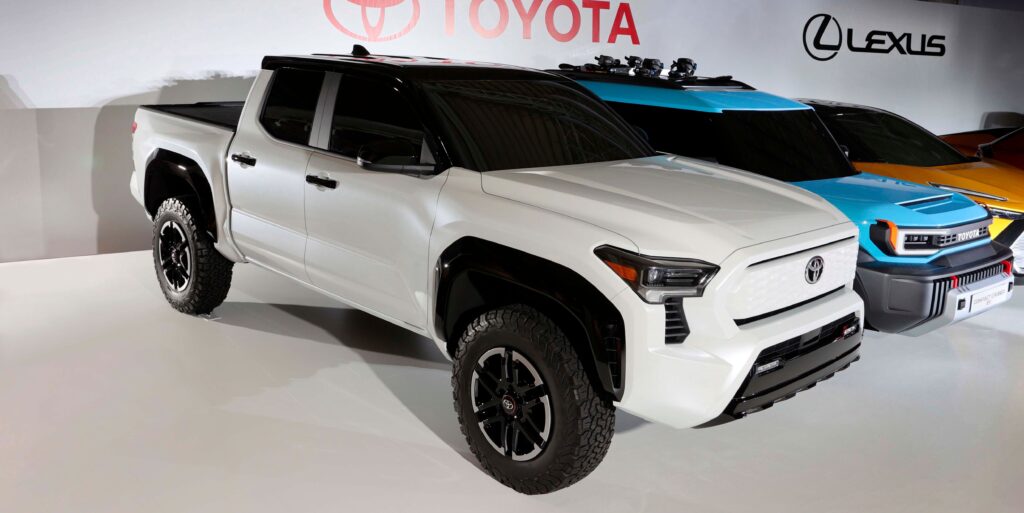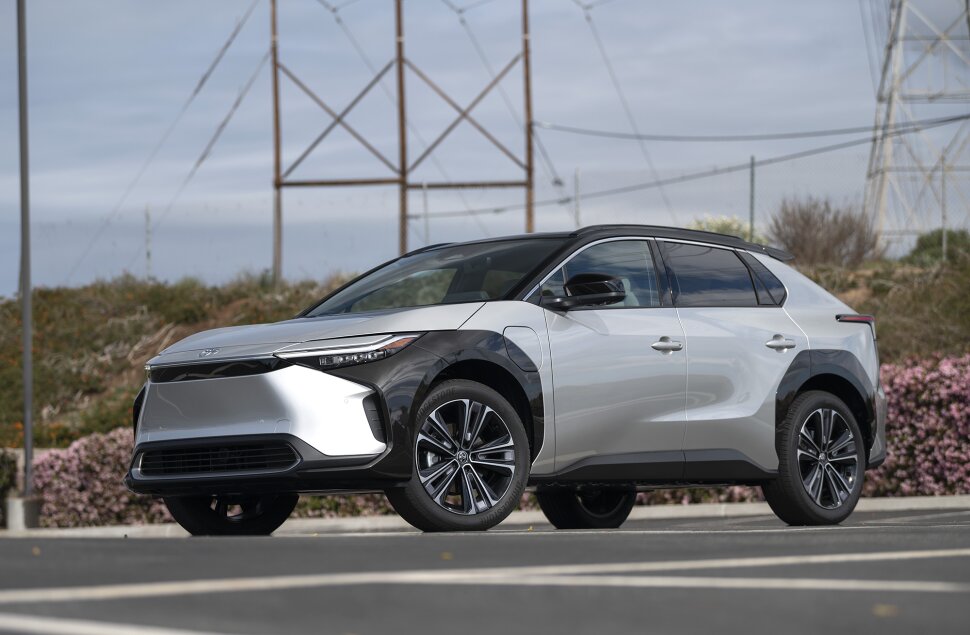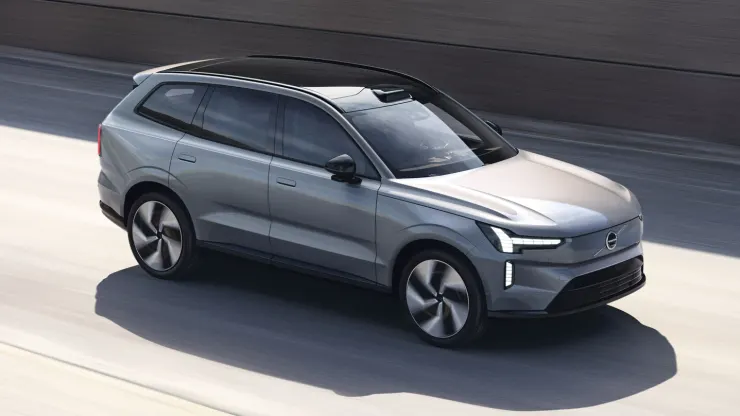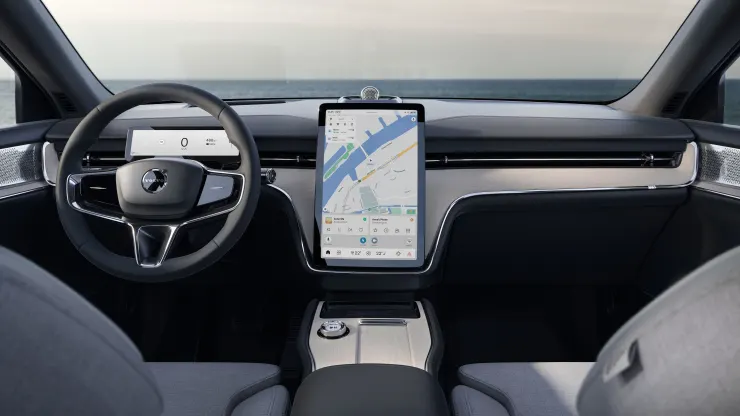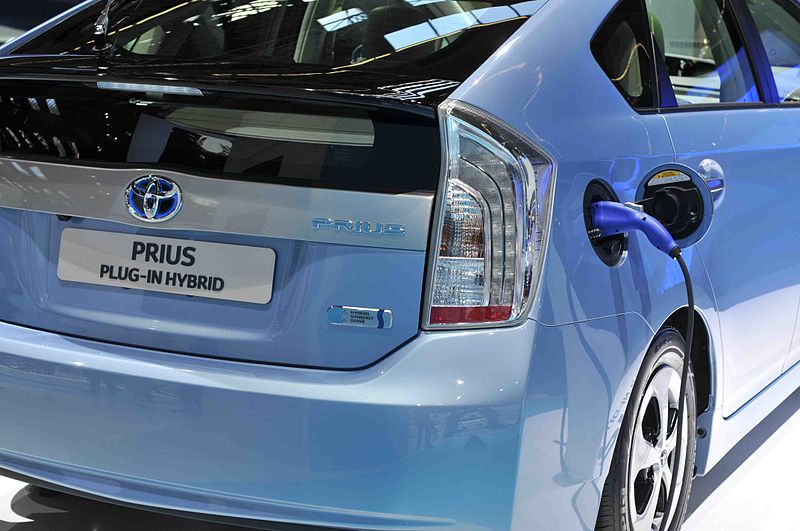EV Savings in 2023
An electric car can save you up to $7,000 a year. And as generally, most people keep a car at least for five years before replacing it, so they can save up to approx $35000 over five (05) years.
And most of these savings are from lower fuel costs, as gasoline is an expensive source of fuel and its price is going increasing day by day. And this sky-high increasing gas price is putting a major impact on a person’s monetary part and the economy.
By opting electric vehicle, it will reduce your total running costs. If you charge the battery at its full, it only costs nearly $10 to $15 to run your car.
A glimpse of saving by Electric Car:
- If you charge your electric car through solar panels, it will save approx. $4,500 in fuel.
- A federal electric vehicle incentive will save $ 7500 on the purchase of your electric car.
- The electric vehicle maintenance costs will also be very minimum and this will save you approx. $1000 per annum.
- And in five years of using an electric vehicle can save up to $35000.
Savings in Fuel:
An electric vehicle can save up to $1150 to $4500 yearly:
By switching to an electric car you can see a great benefit in terms of fuel savings. Comparatively, a very less amount is required to pay to charge your electric vehicle battery rather than buying fuel for gas cars. An electric vehicle runs on electric motors connected to large onboard batteries, which can be charged with electricity.
The electric motors associated with electric cars are very efficient and allow cars to move at very minimal energy. Running the car with electric motors costs just 4-5 cents per mile as compared to an average of approx. 13 cents per mile in gasoline-assisted cars.
When you accumulate the car mileage over time, these fuel savings start to add up. If you drive your car at an average running and also charge your car with grid power, you can normally save an amount of $1500 to $2000 annually.
Again if you drive your car long distances and charge with a comparatively cheap battery-charging power source like solar panels. The savings will be much higher. We can give an example of the Californians who drive 520 miles per week and save approximately $4500 per annum on fuel costs as they charge their electric vehicle with home solar panels.
Few things that can affect your level of fuel savings:
- Driven Miles: The running cost of an electric vehicle has a lower cost per mile, so the greater the running mileage of the car will give greater savings. As a thumb rule, with an electric vehicle, you will save $1000 for every 5000 miles driven.
- Style of Driving: The efficient driving methods will give you the most out of each charge. Driving with a lead foot will reduce EV mileage by up to 40%, which can cost you over $100 in monthly savings.
- Fuel economy of car: Opting for an EV with a high MPGe (Miles per Gallon equivalent) rating means you can drive further with the same amount of energy. The highly efficient 2022 Tesla Model 3, with an MPGe of 132, can save you $200 more per year than a typical EV with an MPGe of 100.
- The use of regenerative braking: Regenerative braking boosts the efficiency of electric cars in stop-and-go traffic conditions. If you mostly drive in a busy place like a city or inner suburbs, you can save an additional sum of $50 annually.
- The cost of the alternatives- gasoline: Now this isn’t something you can control, but gas prices also have an impact on your fuel savings. If fuel prices rise 10% from current rates, you will save another $400 per year. On the other side when gas prices go down, your savings will fall.
The electric battery charging costs at its lower side are the most important for fuel savings:

A huge impact on fuel saving is the way you charge your electric vehicle. The charging cost of the electric vehicle battery is directly proportional to the fuel costs.
### The three main methods to charge an electric vehicle and their comparative costings.
| Charging Type | Cost of Electricity | Cost to fully Charge an Electric Vehicle |
| Public Charging Station | $0.28- $0.69 per kWh | Up to $40 |
| Grid power at home | $0.10 – $0.40 per kWh | Up to $23 |
| Solar power at home | $0.05- 0.11 per kWh | Up to $6.50 |
kWh- Kilowatt-hour
Data Source: Solar Powered Electric Vehicles- Consumer Guide
The home Charging option for your electric vehicle will always be your economical way of EV charging options:
Using a home charger connected to grid power will certainly reduce the cost and it will be usually around 15 to 20 cents per kilowatt-hour (kWh), while this can vary a bit by the utility. If you charge with home solar panels, you will pay even less-as little as 5 cents per kWh.
Comparatively, commercial charging can be very expensive, especially if done at DC fast charging station. Tesla’s supercharger network charges up to $0.58 per kWh, and others provide charge even more than that.
Because of these cost differences, the choice of charging option significantly impacts your savings. A switch to charging from a public charging station to a home solar panels charging system will save you an annual amount of $2500 in fuel.
The charging of your electric vehicle is even more convenient at cheaper costs. At the home charging station of level 2, charge your electric vehicle at its full by parking your car overnight in the garage.
Incentives and rebates on Electric Vehicle:
There is a location-based incentive or rebate on the purchase of an electric vehicle. Based on your locality, you can save $7500 plus as an incentive:
All taxpayers have the right to avail of a rebate of $7500 on the purchase of electric vehicles. And hence he or she may be able to get thousands of dollars more rebates based on the locality. If a person qualifies, he/she may be able to bang a discount of large amount on the purchase of an electric vehicle.
Check the nationwide incentive, available:
- The State electric vehicle incentive of $7500:
The federal EV incentive is a tax credit. When you purchase an electric vehicle you can apply to receive $7500 back via your tax return.
In the year 2008, the incentive scheme was initiated by the federal government to attract and encourage EV car buyers. And definitely, thousands of interested buyers qualify for this and get benefited.
Lower Maintenance Costs:
A person can save up to $400 to $1000 annually for lower maintenance costs:
The servicing and maintenance of electric vehicles are much easier than gasoline vehicles. Electric motors can operate without the lubricating oils required by combustion engines; hence, no periodic oil change is required for maintenance.
Electric vehicles required fewer fluids overall as they are built with fewer moving parts. That is why electric vehicles need to be serviced and repaired a lot less frequently than internal combustion engine vehicles. Hence the upkeep of electric vehicles is very cheaper.
A comparative study by the U.S. DOE (Department of Energy), proves that Electric vehicles are 40% cheaper to maintain than gas vehicles. While the average cost to maintain a gas car is 10.1 cents per mile and for an electric vehicle it is only 6.1 cents per mile. Hence it is easy to estimate your maintenance costs and savings annually.
If you drive 25000 miles a year, you would spend $ 2525 for the upkeep of a gas vehicle; in the case of electric cars, it is just $1525. And in total there is a saving of $ 1000 per annum.Certainly the Electric vehicles savings are very considerable
Continuous minimum use of an EV for at least five years:
- An analysis of savings with the electric car is as below :
| Saving Factors | Yearly Savings | 5-Year savings |
| Fuel Cost | $4500 | $22500 |
| Incentives * | $1500 ** | $7500 |
| Maintenance | $1000 | $5000 |
| Total | $7000 | $35000 |
Note: * only includes nationally available electric vehicles incentive
** This yearly incentive is earned by multiplying over a period of five (05) years of ownership.
The above tabular chart shows that you save much more with electric vehicle options and that comes to nearly $ 35000 over a period of five running years of your vehicle.

